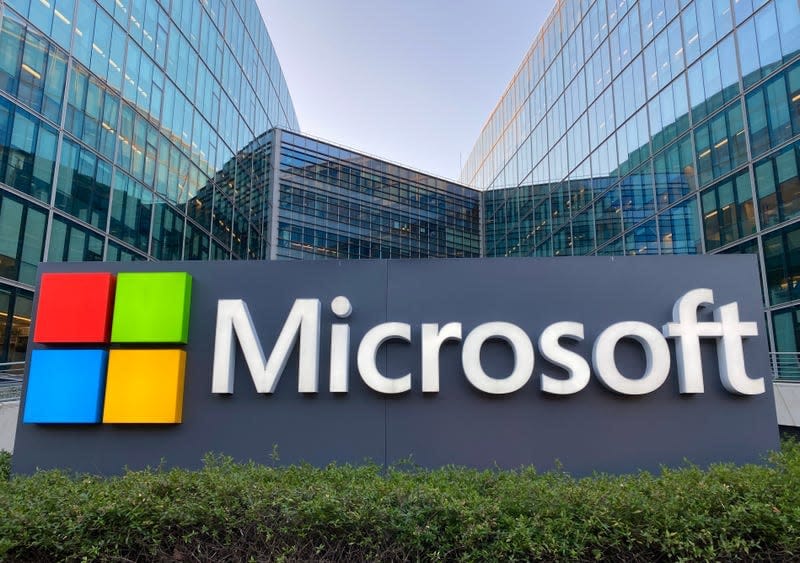Microsoft Shareholders Reject Proposal to Add Bitcoin to Corporate Reserves

In a significant vote at Microsoft's annual shareholder meeting on December 10, the company's investors decided against a proposal to include Bitcoin in the tech giant's balance sheets. This decision reflects a broader corporate caution towards cryptocurrency, despite its growing acceptance in some financial sectors.
The proposal, brought forward by the National Center for Public Policy Research (NCPPR), a Washington D.C.-based think-tank, argued that Microsoft could not afford to miss out on what they described as the next technological wave: Bitcoin. In a pre-recorded video played during the meeting, the group laid out their case with a barrage of charts and figures, suggesting that incorporating Bitcoin could generate trillions in value for shareholders while simultaneously reducing risk.
The Case for Bitcoin
The NCPPR's argument was clear: in a world where even major shareholders like BlackRock offer Bitcoin ETFs, Microsoft should not lag. They highlighted the volatility of Bitcoin but suggested that a small allocation - between 1% and 5% of profits - could serve as a strategic diversification, potentially safeguarding against inflation and other economic variables. Their proposal urged Microsoft to conduct an assessment to determine if diversifying with Bitcoin would be in the best long-term interests of its shareholders.
However, Microsoft's board was quick to counter this proposal. In an SEC filing, they labeled the suggestion as "unnecessary," arguing that the company already has robust processes for managing and diversifying its treasury. They pointed out the inherent volatility of cryptocurrencies, which they deemed unsuitable for the stable and predictable investments needed for corporate liquidity and operational funding.
On December 1, Bitcoin advocate Michael Saylor had also made a pitch to the board, suggesting that Bitcoin could add nearly $5 trillion to Microsoft's market value if the company went all-in. Despite this, the board remained unconvinced, emphasizing their established financial management practices.
Ultimately, the shareholders followed the board's recommendation, voting down the proposal. This decision underscores a conservative approach to financial innovation among Microsoft's investors, prioritizing stability over the speculative allure of cryptocurrency.
Looking forward, the NCPPR isn't backing down. They've already submitted a similar proposal to Amazon, which will be considered at their shareholder meeting in April 2025. Here, they argue that with inflation rates at 4.95%, Amazon's vast cash reserves could be at risk, and Bitcoin might serve as a hedge, protecting shareholder value.
This series of events at Microsoft highlights the ongoing debate about the role of cryptocurrencies in corporate finance. While some see Bitcoin as a revolutionary asset class, others view it as too volatile for traditional corporate treasury management. This vote not only reflects Microsoft's current stance but also signals to the market how large corporations might navigate the choppy waters of cryptocurrency adoption in the future.

